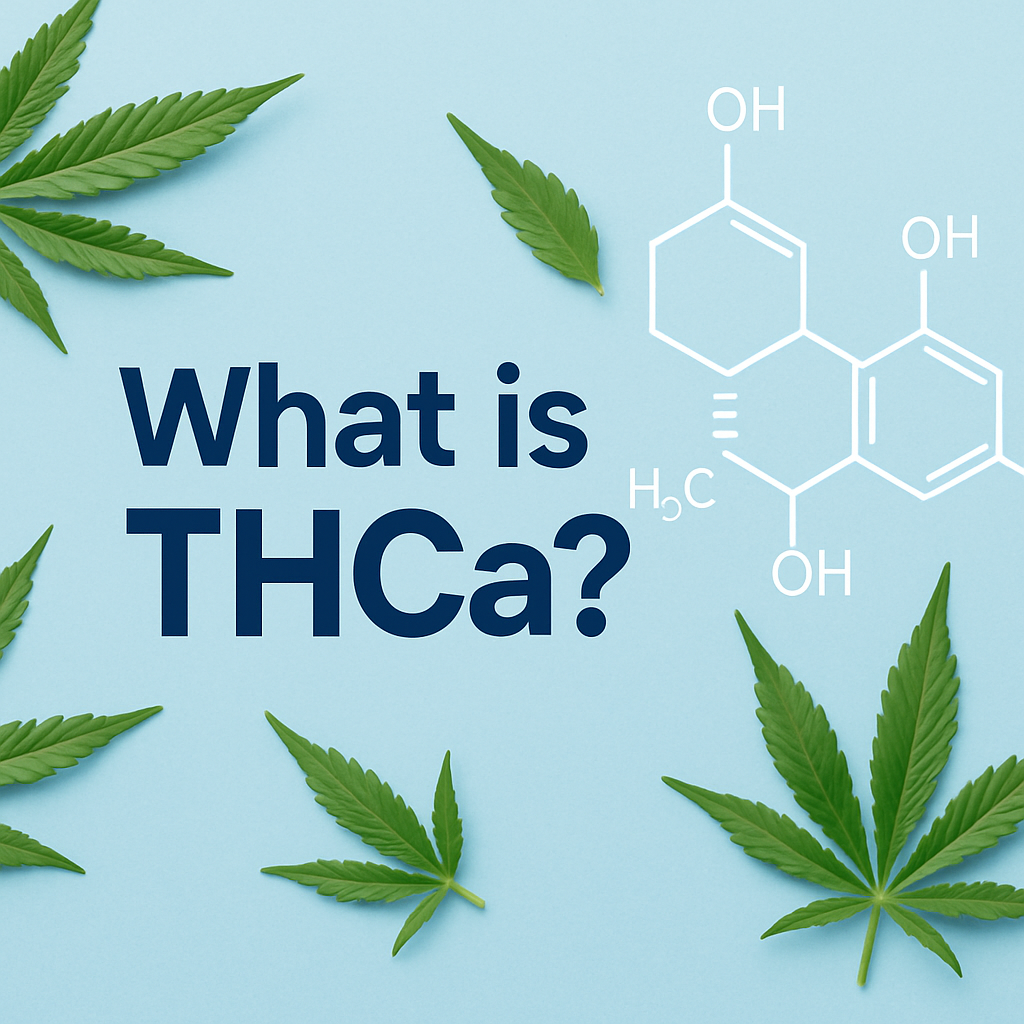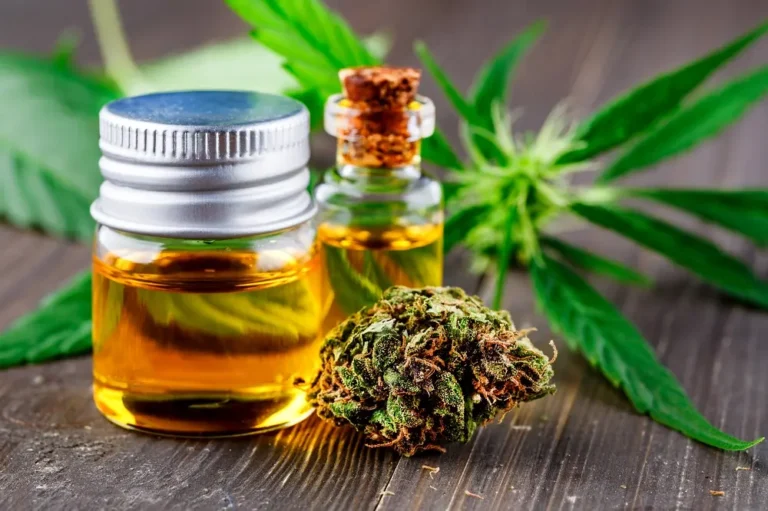As cannabis becomes more regulated and lab-tested in Illinois, consumers are seeing new terms and values on product labels. One of the most common—and most misunderstood—is THCa. You might wonder: What is THCa, and why does it matter if I’m looking for THC?
In short: THCa is the non-psychoactive acid form of THC found in raw cannabis—but when heated, it converts into THC. That means the THCa content listed on Illinois cannabis labels will become psychoactive THC once the product is smoked, vaped, or cooked.
In this blog, Windy City Cannabis breaks down what THCa is, how it works, and why it plays such a big role in your cannabis experience—especially here in Illinois where lab results often report high THCa numbers instead of “activated” THC.
What Is THCa?
THCa (tetrahydrocannabinolic acid) is the natural, unheated form of THC. It’s found in abundance in raw cannabis flower and products that haven’t been exposed to heat. On its own, THCa is not psychoactive, meaning it won’t make you feel “high” unless it is heated.
However—and this is the key point—once you apply heat, THCa undergoes a process called decarboxylation, which converts it into THC, the psychoactive compound known for delivering the traditional cannabis high.
THCa vs. THC: What’s the Difference?
Although they’re closely related chemically, THCa and THC have very different effects on the body and mind.
| Property | THCa | THC |
|---|---|---|
| Psychoactive | No | Yes |
| Found in | Raw cannabis | Heated/decarboxylated cannabis |
| Molecular Structure | Has a carboxyl group (-COOH) | Lacks a carboxyl group |
| Medical Potential | Anti-inflammatory, neuroprotective, antiemetic | Pain relief, euphoria, appetite stimulation |
Key Takeaway:
THCa does not get you high in its raw state, but it transforms into psychoactive THC when heated. That makes THCa a great option for users seeking therapeutic benefits without the high.
So Why Is THCa on My Product Label?
In Illinois and many other legal cannabis states, lab-tested flower often shows a high percentage of THCa and a low amount of THC. That’s because the flower hasn’t been heated yet—but it will be when you use it.
You are not missing THC—it’s just still in the form of THCa, which becomes THC when consumed through heat.
How THCa Turns Into THC
The process is called decarboxylation, and it’s simple chemistry.
When cannabis is heated—whether you’re:
- Smoking
- Vaping
- Baking edibles
- Dabbing concentrates
…the THCa is decarboxylated, meaning it loses its carboxyl group and becomes THC.
This transformation is what makes cannabis psychoactive. Without heating, raw cannabis remains non-intoxicating.
Potential Health Benefits of THCa
Research on THCa is still in its early stages, but initial studies and anecdotal evidence point to several promising therapeutic uses. Here are some of the most talked-about potential benefits:
1. Anti-Inflammatory Properties
THCa may reduce inflammation, making it a candidate for treating chronic pain, arthritis, and autoimmune disorders. It interacts with the COX-1 and COX-2 enzymes, which are responsible for inflammation in the body.
2. Neuroprotective Effects
Preclinical research suggests THCa may have neuroprotective properties. This opens the door for potential use in neurodegenerative diseases like Parkinson’s, Alzheimer’s, and multiple sclerosis.
3. Anti-Nausea and Antiemetic
THCa has shown potential in helping to manage nausea and vomiting, especially for patients undergoing chemotherapy or other treatments that affect the digestive system.
4. Appetite Stimulation
Like THC, THCa may help stimulate appetite, which could be beneficial for individuals with cachexia, HIV/AIDS, or cancer-related anorexia—but without the intoxicating effects of THC.
How to Consume THCa
Since heat turns THCa into THC, consuming it raw is key to preserving its non-psychoactive form. Here are several ways to enjoy THCa:
1. Raw Cannabis Juicing
Juicing fresh cannabis leaves and flower is one of the most effective ways to consume THCa. Mix it into a smoothie or drink it straight.
2. THCa Tinctures
These are typically made using a cold extraction method to preserve THCa. Tinctures are easy to dose and often favored by medical patients.
3. THCa Crystalline (Isolate)
One of the purest forms available, THCa crystalline is a white, powder-like substance that can be consumed in small doses. While it can be dabbed (and therefore converted into THC), some users take it orally or sublingually for its raw benefits.
4. Topicals
Some cannabis-infused creams and balms are formulated with THCa, allowing for targeted application on inflamed or sore areas without psychoactive effects.
Final Thoughts
THCa is an exciting and versatile cannabinoid that offers a wide range of health and wellness benefits—without the high associated with THC. Whether you’re looking for natural pain relief, anti-inflammatory support, or a neuroprotective supplement, THCa could be a powerful addition to your cannabis regimen.
It’s also important to remember that THCa is the raw precursor to THC, meaning it only becomes psychoactive when heated. This unique relationship allows users to experience targeted benefits depending on how they choose to consume the compound.
At Windy City Cannabis, our team of cannabis experts is here to help you explore THCa products and find the best fit for your lifestyle. We’re committed to education, transparency, and helping our customers make informed decisions about their health.
For additional reading on what THCa is and how it affects the body, check out this trusted WebMD article on THCa.
Sign Up for Our Rewards Program
Find your perfect cannabis products at Windy City Cannabis. Whether you’re a medical or recreational user, we’ve got you covered.




